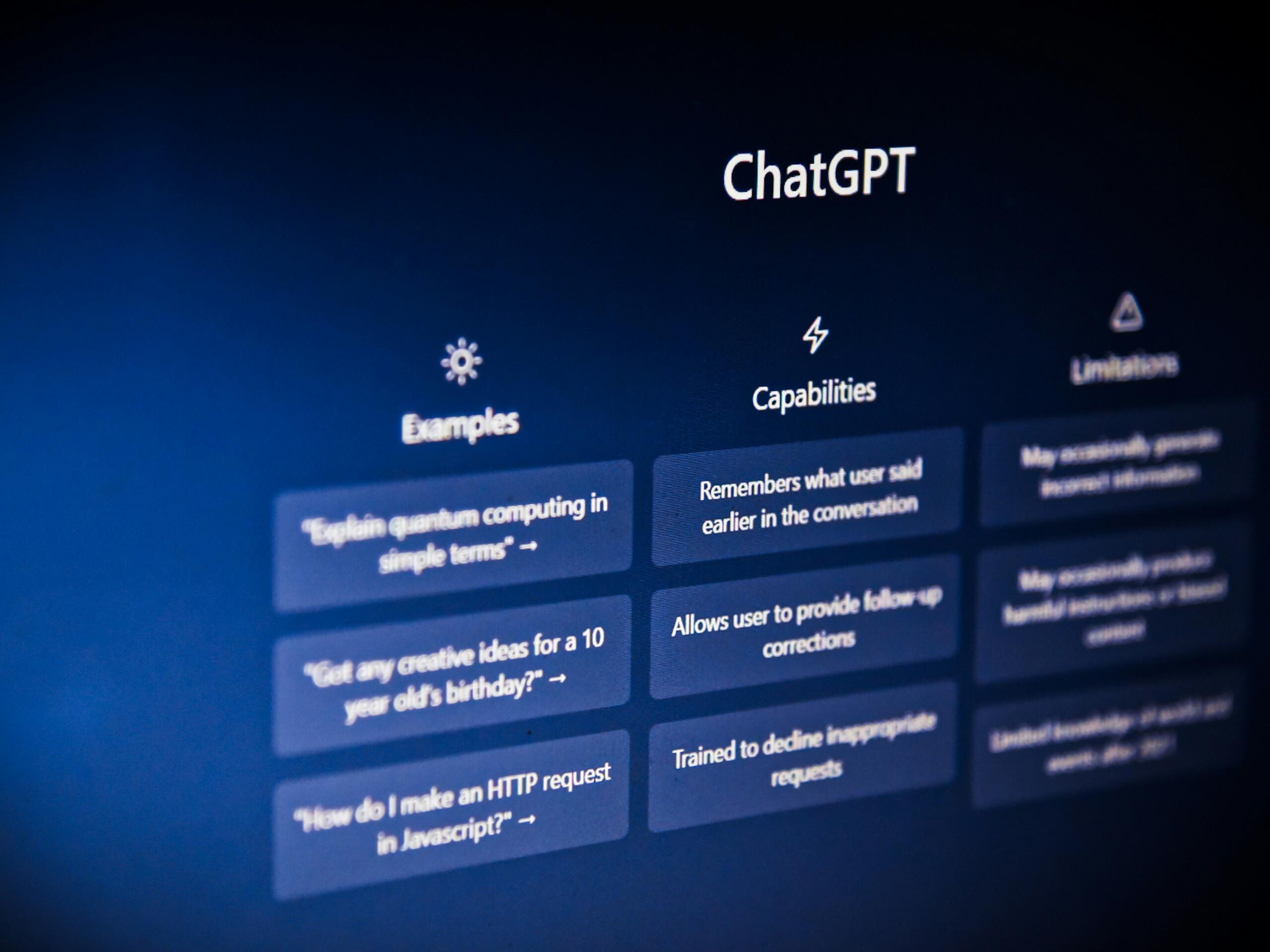From SEO to GEO: Preparing Your Content for the Shift to AI-Driven Discovery
For decades, Search Engine Optimization (SEO) was the cornerstone of digital visibility.
The goal was clear: rank high on Google, attract traffic, and convert visitors. Success was measured in backlinks, page authority, and click-through rates.
But that model is quickly being reshaped.
Search behavior is evolving. And so are the engines that serve it.
The Shift: From Search Engines to Generative Engines (LLMs)
Today, users increasingly bypass traditional search entirely. Instead of typing keywords into Google, they ask AI tools direct questions:
- “What’s the best CRM for solopreneurs?”
- “Which Shopify apps increase cart value?”
- “Give me 3 marketing books that explain storytelling.”
And when they do, the AI doesn’t show a list of search results.
It gives an answer.
If your brand, product, or insight isn’t mentioned in that response, you’ve already been filtered out of the discovery process.
Enter: Generative Engine Optimization (GEO).
We could also call it LLM Optimization (LMO).
What Is GEO?
GEO stands for Generative Engine Optimization—a new content strategy discipline focused on getting cited by large language models (LLMs) like:
- ChatGPT
- Claude
- Gemini
- Perplexity
- (and others)
Unlike SEO, which focuses on crawling, indexing, and ranking, GEO is about context, clarity, and trust.
LLMs recommend sources and tools based on how well your content answers user intent—not just whether it includes the right meta tags.
Why This Matters Now
Leading venture firms, including a16z, have begun stating it outright: traditional search as we know it is in decline.
AI interfaces are quickly becoming the starting point for discovery, research, and purchasing decisions.
If you’re not already adapting your content strategy, the visibility gap will only grow wider.
A Framework for GEO Optimization
Here’s how we approach content for GEO:
1. Contextual Relevance
- Clearly define who the content is for and what specific problem it solves.
- Embed real-world use cases or direct user questions.
2. Semantic Richness
- Mirror how people ask questions in natural language.
- Include related keywords and variations (“best for,” “how to,” “alternatives to…”).
3. Answer-Style Formatting
- Use bullet points, lists, and H2/H3 headings to improve scanability.
- Make it easy for LLMs to lift snippets as complete responses.
4. Authority Signals
- Reference outcomes, user data, or proprietary insights.
- Emphasize clarity and specificity over fluff.
5. Natural Brand Integration
- Mention your product, service, or brand within context—not as a pitch, but as a reputable, solution-oriented mention.
We use this process via a prompt that inputs existing content and transforms it into LLM-friendly language, ready for indexing and citation.
Results We’ve Seen
When we tested this strategy:
- ChatGPT and Claude began referencing our brand in generated responses.
- We received LLM-optimized outlines more aligned with answers, not just search queries.
- Early impressions and clicks from AI-powered engines increased noticeably.
GEO isn’t about gaming the system.
It’s about adapting to how AI tools process, summarize, and suggest information.
What This Means for Brands
If your content strategy still revolves around keywords and backlinks alone, you’re playing an outdated game.
To stay visible in the AI era, your brand needs to:
- Be present in the datasets AI models reference
- Communicate clearly and directly to human intent
- Earn relevance through clarity, context, and specificity
This isn’t theoretical. The shift is already underway.
Start Here
GEO doesn’t replace SEO. But it’s rapidly becoming just as important—if not more.
We recommend starting with:
- One flagship page or post
- A focused rewrite using the GEO framework
- Testing your name or product across AI tools to see what shows up
Then iterate.
Let’s talk if you’d like help adapting your content strategy for the next generation of search.

